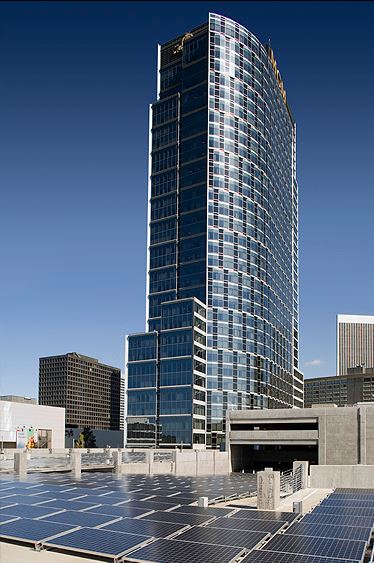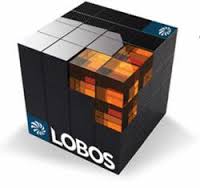LOBOS
Providing Utility Solutions
In efforts to reduce energy consumption and CO2 emissions, commercial real estate leaders are turning to sustainable building and management techniques. While there are countless products and services on the market to improve efficiency in these areas, few offer an unobtrusive option that is designed to interface seamlessly with existing HVAC control systems in most […]

